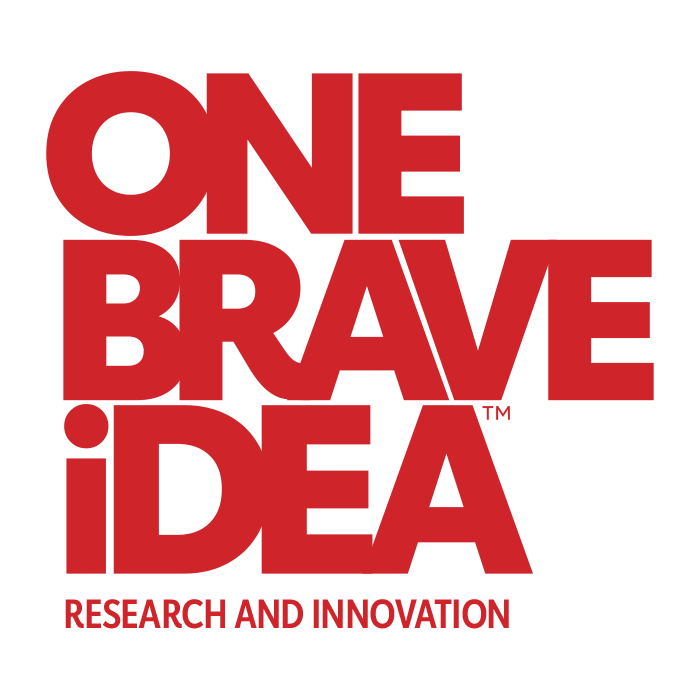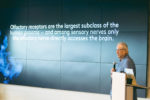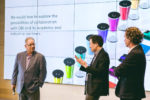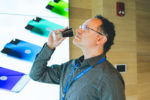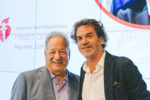The One Brave Idea Phenotype Phorum welcomed Dr. Dennis Ausiello and Prof. David Edwards recently for a discussion on olfactory phenotypes. Dr. Ausiello is the Jackson Distinguished Professor of Clinical Medicine, Chairman of Medicine emeritus and Director of the Center for Assessment Technology and Continuous Health (CATCH) at the Massachusetts General Hospital (MGH). Prof. Edwards is Professor of the Practice of Idea Translation in the School of Engineering and Applied Sciences at Harvard University and founding faculty of the Wyss Institute of Biologically Inspired Engineering.
Dr. Ausiello began by discussing the growing efforts to decipher the functional connections between olfaction and other physiologic processes (including metabolism and immunity). From the perspective of our sense of smell (or odorant detection), humans have approximately 400 olfactory receptors that together can detect an estimated one trillion different odors. However, recent studies have demonstrated that some olfactory receptors are also expressed in tissues outside the nose, including the kidney, vascular smooth muscle, gut and immune cells. This raises the possibility that these olfactory receptors have additional biological roles beyond odorant detection.
For instance, in mice, genetic deletion of adult olfactory neurons protects against diet-induced obesity. Conversely, conditional deletion of the IGF1 receptor in olfactory neurons enhances olfactory performance in mice. Other work suggests that some olfactory receptors may bind to metabolic byproducts of our gut microbiota (such as anti-inflammatory short-chain fatty acids) and contribute to regulation of blood pressure.
Prof. Edwards described the development of a commercial line of products that can digitally deliver, with chemical and dosage control, a wide variety of scents. These products are currently focused on consumer applications, but in theory the platform could be adapted to deliver scents in a research context.
Taken together, the session explored the notion that odorant detection, and the broader class of olfactory receptors, can modulate metabolic, immune and vascular processes relevant to cardiovascular disease. Conversely, alterations in metabolic signaling pathways may affect olfactory phenotypes. While there is much still to be learned, olfactory biology and phenotypes are likely to be a new source of insights into cardiovascular disease.
